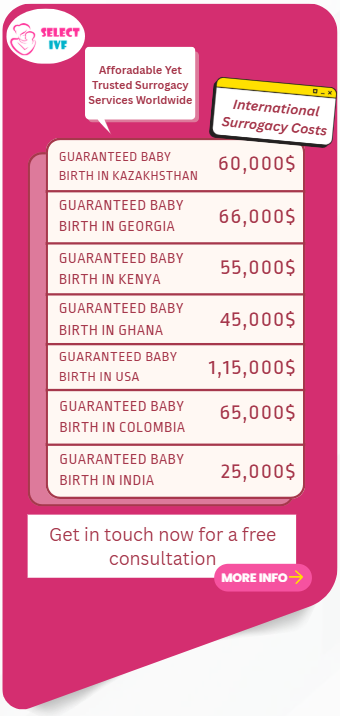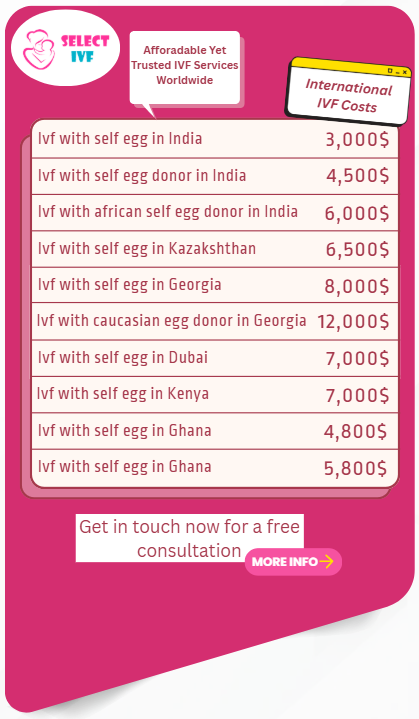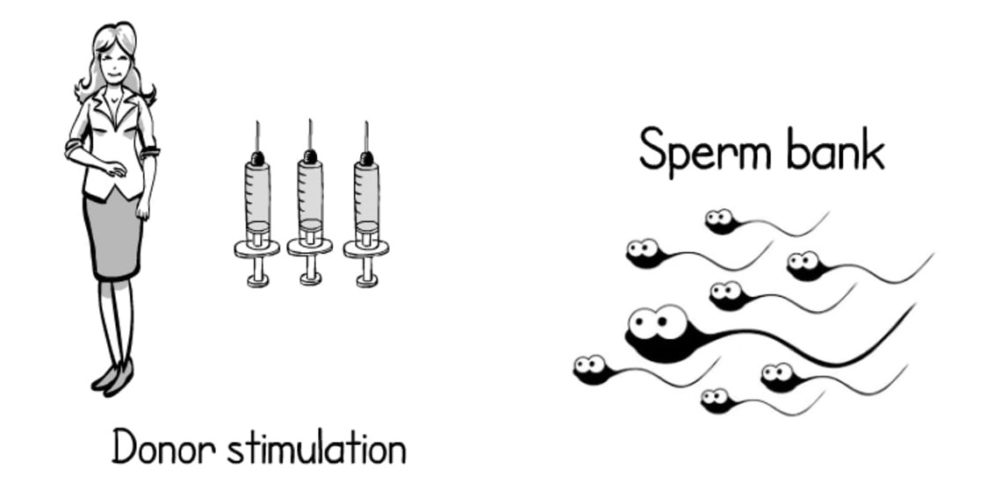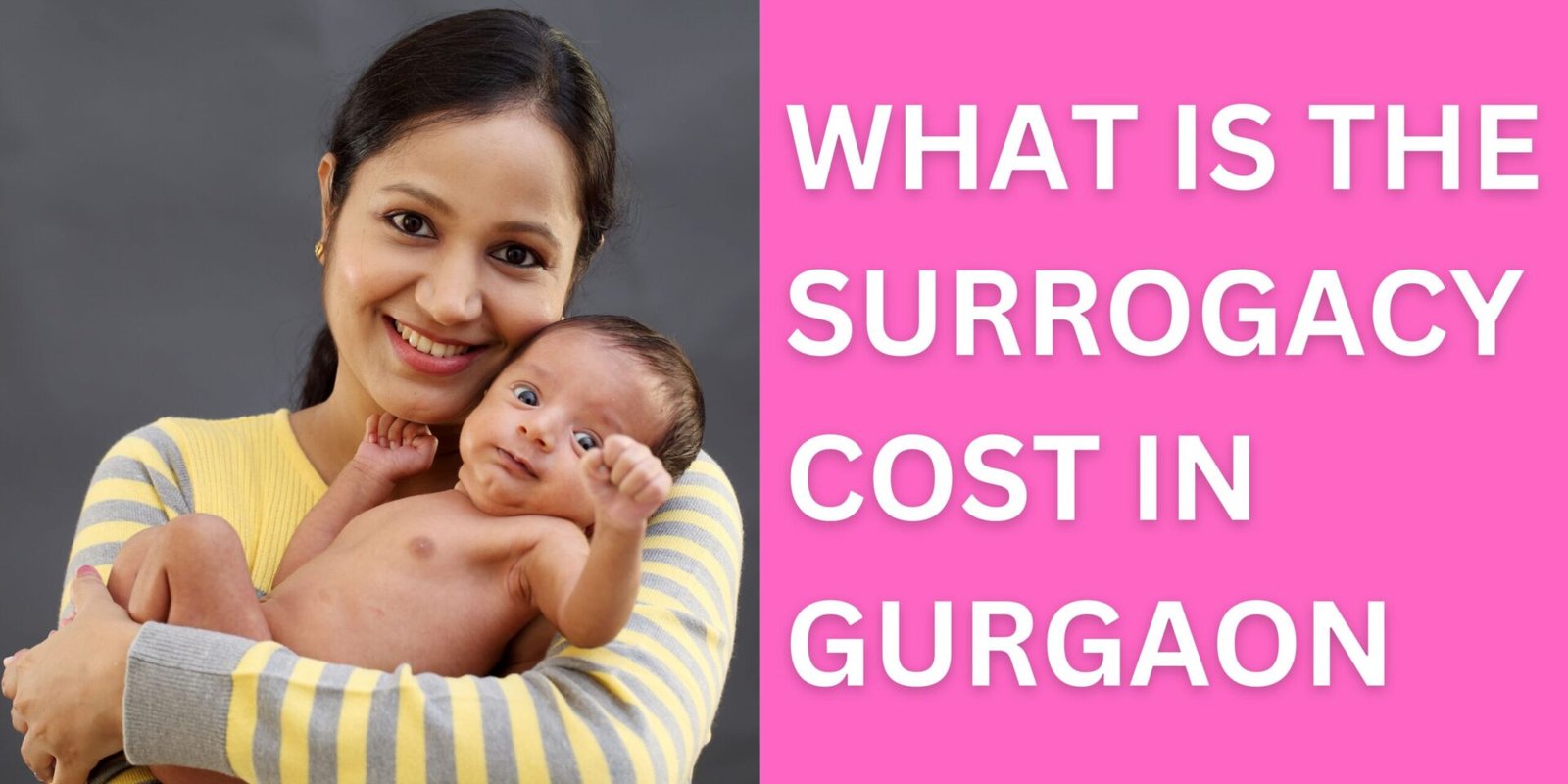Embarking on the journey to parenthood is a deeply personal and often challenging endeavor, marked by a multitude of emotions and expectations. While the field of assisted reproductive technologies has witnessed remarkable strides in addressing diverse fertility issues, one particular enigma persists—unexplained infertility. This elusive condition casts a shadow over the dreams of countless couples, leaving both patients and healthcare professionals in a perplexing state of uncertainty.
Chasing understanding and unwinding the complexities encompassing unexplained infertility, this article fills in as an aide through the labyrinth of vulnerabilities that cover this regenerative test. We explore through the close to home intricacies, the mental cost, and the waiting inquiries that go with a finding apparently without an unmistakable reason.
Infertility, in itself, is a nuanced topic, and when it manifests as “unexplained,” it adds an additional layer of complexity. The frustration and emotional toll experienced by couples facing this diagnosis are profound. Despite advancements in medical science, the lack of a definitive explanation for their fertility struggles leaves couples grappling with a profound sense of uncertainty and self-reflection.
As we delve into the heart of this article, our focus turns to Select IVF (In Vitro Fertilization) as a beacon of hope amid the shadows of unexplained infertility. This innovative approach is challenging the traditional, one-size-fits-all methodology, offering personalized solutions tailored to the unique needs and circumstances of each individual or couple. By exploring the nuances of Select IVF and its emergence as a promising avenue for those navigating the challenges of unexplained infertility, we aim to shed light on a path that may lead to the realization of long-cherished dreams of parenthood.

Understanding Unexplained Infertility
Unexplained infertility stands as a perplexing challenge for couples aspiring to conceive. This diagnosis is given when standard fertility assessments reveal no identifiable cause for a couple’s inability to conceive. In this article, we unravel the intricacies of unexplained infertility, exploring the emotional toll it takes and shedding light on potential factors that might be contributing to this enigmatic condition.
Defining Unexplained Infertility
Unexplained infertility is a diagnosis of exclusion, given after a comprehensive evaluation fails to identify a specific cause for a couple’s fertility struggles. Traditional fertility tests, including hormonal analyses, imaging studies, and semen analyses, may all yield normal results. This leaves both healthcare professionals and couples grappling with uncertainty, questioning the underlying factors preventing conception.
The Emotional Rollercoaster
Coping with unexplained infertility can be emotionally draining for couples. The absence of a clear explanation for their fertility challenges can lead to frustration, anxiety, and a profound sense of disappointment. The psychological impact of unexplained infertility should not be underestimated, and addressing the emotional well-being of couples is a crucial aspect of their fertility journey.
Potential Underlying Factors
- Subtle Hormonal Imbalances: Standard hormonal tests may not detect subtle imbalances that could affect fertility. In some cases, hormonal fluctuations, even within the normal range, may impact the delicate reproductive processes.
- Subclinical Medical Conditions: Certain medical conditions, such as mild endometriosis or subtle immunological factors, might not be readily apparent through routine diagnostic tests. These subtle conditions can influence fertility without manifesting obvious symptoms.
- Genetic Factors: Genetic factors, both inherited and spontaneous mutations, could play a role in unexplained infertility. Advances in genetic screening technologies are shedding light on how specific genetic variations might impact reproductive success.
- Lifestyle and Environmental Influences: Unexplained infertility might be influenced by lifestyle factors, including stress, diet, and environmental exposures. These elements, although challenging to quantify, can contribute to difficulties in conception.
Exploring the Select IVF Approach
In the quest to overcome unexplained infertility, Select IVF has emerged as a tailored and personalized solution. This approach recognizes the uniqueness of each individual or couple and aims to address potential underlying factors that may have been overlooked in standard fertility evaluations.
- Personalized Diagnostic Assessment: Select IVF begins with a comprehensive diagnostic assessment that delves deeper into potential contributing factors. This may involve advanced genetic testing, immunological evaluations, and a thorough examination of lifestyle factors.
- Customized Treatment Plans: Unlike traditional IVF, which follows a standardized protocol, Select IVF tailors treatment plans to the specific needs of each patient. This individualized approach allows for adjustments in medication, timing of procedures, and the incorporation of cutting-edge technologies to enhance success rates.
- Emphasis on Emotional Support: Recognizing the emotional toll of infertility, Select IVF clinics prioritize emotional support. Counseling services, support groups, and resources are integral components of the Select IVF experience, acknowledging the importance of mental well-being during the fertility journey.
Generally speaking, Unexplained infertility stays an intricate and testing puzzle, yet the developing scene of regenerative medication, especially through approaches like Select IVF, offers new roads of trust. By recognizing the complexities of individual cases and fitting treatment designs as needs be, there is a developing potential to demystify and defeat the difficulties related with unexplained infertility. As exploration keeps on revealing the subtleties of regenerative wellbeing, the excursion towards origination might turn out to be more customized and feasible for couples exploring the complicated way of unexplained infertility.
Possible Causes of Unexplained Infertility
Although unexplained infertility lacks a clear cause, several underlying factors may contribute to fertility challenges that are difficult to detect through conventional tests. These possible causes include:
- Egg Quality and Age-Related Factors:
- Women over 35 are more likely to experience infertility, even when no specific cause is found. Age can impact egg quality, with older eggs having a higher risk of chromosomal abnormalities. Although basic fertility tests may not identify poor egg quality, advanced tests and IVF procedures can sometimes reveal these issues.
- Subtle Sperm Abnormalities:
- Even when sperm count, motility, and morphology appear normal, subtle sperm dysfunctions could affect the sperm’s ability to fertilize an egg. Factors like DNA fragmentation in sperm can contribute to infertility but are not typically assessed in standard sperm analysis.
- Immune and Genetic Factors:
- Immune responses in a woman’s body can sometimes interfere with the fertilization and implantation process. Some women may have immune system responses that attack sperm, embryos, or even the developing fetus. Additionally, genetic factors that impact both partners could affect conception or early pregnancy without being detected in standard tests.
- Endometriosis:
- Mild or undetectable endometriosis, where tissue similar to the uterine lining grows outside the uterus, can contribute to infertility by causing inflammation or affecting egg quality and implantation. Often, endometriosis goes undiagnosed until more invasive procedures are conducted.
- Luteal Phase Defects:
- This condition involves inadequate production of progesterone after ovulation, which can interfere with embryo implantation. While not always detected through standard tests, this can prevent a healthy pregnancy.
- Lifestyle Factors:
- While often overlooked, lifestyle factors such as stress, poor diet, excessive exercise, smoking, and alcohol use can all influence fertility. The interplay of these factors with hormonal balance, egg and sperm health, and other fertility-related systems is complex and may contribute to unexplained infertility.
Diagnosing Unexplained Infertility
The diagnosis of unexplained infertility often follows a thorough examination to rule out common causes of infertility. A comprehensive fertility evaluation typically includes:
- Ovarian Reserve Testing:
- Tests like the anti-Müllerian hormone (AMH) level and follicle-stimulating hormone (FSH) measure ovarian reserve, helping assess the quantity and quality of eggs.
- Semen Analysis:
- This test examines the count, motility, and morphology of sperm to evaluate male fertility. In cases of unexplained infertility, more advanced tests like DNA fragmentation analysis may be considered.
- Tubal Patency Testing:
- Tests like hysterosalpingography (HSG) or saline sonography evaluate whether the fallopian tubes are open and capable of allowing an egg and sperm to meet.
- Hormone Evaluation:
- Hormone tests can check levels of thyroid hormones, prolactin, and other hormones related to ovulation and overall reproductive health.
- Ultrasound:
- A pelvic ultrasound is used to assess the uterus and ovaries for any abnormalities that may affect conception.
If all these tests return normal results, couples may receive a diagnosis of unexplained infertility. This can be a challenging result for many, as it leaves questions unanswered and requires a strategic approach to proceed with fertility treatments.
The Select IVF Difference
Comprehensive Diagnostic Assessment
Select IVF starts with a meticulous diagnostic assessment that goes beyond standard fertility tests. This may include advanced genetic screenings, immunological evaluations, and personalized assessments of lifestyle factors that could impact fertility.
Tailored Treatment Protocols
Instead of relying on standardized treatment protocols, Select IVF designs a unique plan for each patient. This may involve adjusting medication dosages, modifying the timing of procedures, or incorporating complementary therapies to enhance the chances of success.
Cutting-Edge Technologies
Select IVF clinics often utilize the latest advancements in reproductive technologies. This may include time-lapse imaging for embryo selection, preimplantation genetic testing (PGT), and advanced cryopreservation techniques to optimize the chances of a successful pregnancy.
Emphasis on Emotional Support
Recognizing the emotional challenges related with infertility, Select IVF centers focus on offering exhaustive close to home help. This might include advising administrations, support gatherings, and assets to assist couples with exploring the close to home rollercoaster of fertility treatments.
Prognosis and Success Rates for Unexplained Infertility Treatments
The success of fertility treatments for unexplained infertility varies based on factors such as age, overall health, and the type of treatment chosen. Studies show that:
- Ovulation induction and IUI: When combined, these treatments have a moderate success rate for unexplained infertility, especially in women under 35.
- IVF: IVF success rates are generally higher for younger couples, with chances improving when additional options like ICSI or PGT are used to address underlying issues.
On average, 60-80% of couples with unexplained infertility may achieve pregnancy within two years of starting fertility treatments, though results can vary. Select IVF is committed to offering advanced, evidence-based treatments that help couples overcome the challenges of unexplained infertility, improving their odds of achieving a successful pregnancy.
Psychological Impact of Unexplained Infertility
For couples diagnosed with unexplained infertility, the emotional and psychological impact can be significant. The lack of answers can lead to frustration, anxiety, and even feelings of helplessness. Additionally, each unsuccessful treatment cycle can be emotionally taxing, further affecting mental health. Counseling and support groups can provide essential support during this journey, helping couples manage stress and remain positive.
Conclusion
In conclusion, unexplained infertility presents a formidable challenge on the journey to parenthood, leaving couples grappling with uncertainty and emotional strain. However, the beacon of hope shines brightly through advancements in reproductive medicine, notably exemplified by approaches such as Select IVF. By recognizing and valuing the distinctiveness of each patient, Select IVF transcends the limitations of traditional one-size-fits-all protocols.
The transformative power of Select IVF lies in its capacity to tweak treatment plans in view of a complete comprehension of the individual or couple’s one of a kind conditions. This novel method of treating infertility addresses the specific complexities of undiagnosed infertility with tailored precision. The combination of state of the art innovations, customized appraisals, and daily reassurance develops a climate helpful for progress.
As we look ahead, the landscape of fertility care continues to evolve with ongoing research and technological advancements. The trajectory of this evolution holds promise for making the journey through unexplained infertility less mysterious and more attainable. The commitment to individualized care, coupled with a deeper understanding of the multifaceted factors contributing to infertility, positions Select IVF at the forefront of this paradigm shift.
In essence, the trajectory of reproductive medicine is charting a course toward greater accessibility and success for couples facing unexplained infertility. The strides made by Select IVF, alongside the continuous march of scientific progress, bring us closer to the realization of dreams and the joy of welcoming a new life into the arms of hopeful parents, redefining the narrative of the previously enigmatic path to parenthood.
Frequently Asked Questions (FAQ)
What is Unexplained Infertility?
Unexplained infertility is a diagnosis given to couples who are unable to conceive despite undergoing thorough fertility evaluations that reveal no apparent cause for their infertility. It remains a challenging condition as the exact reason for infertility is not identified through standard testing.
How Common is Unexplained Infertility?
Unexplained infertility accounts for a significant percentage of infertility cases. Estimates suggest that approximately 10-20% of couples struggling with infertility receive a diagnosis of unexplained infertility after standard fertility tests yield normal results.
What Causes Unexplained Infertility?
The specific causes of unexplained infertility are not well understood. It is believed that subtle factors, such as egg quality, sperm function, or embryo development, may play a role. Additionally, factors like immune system issues or environmental factors could contribute to unexplained infertility.
Can Unexplained Infertility Be Treated?
Yes, unexplained infertility can be treated. While the exact cause may not be identified, personalized approaches like Select IVF offer tailored treatment plans. These may include advanced reproductive technologies, lifestyle modifications, and emotional support to enhance the chances of successful conception.
How is Select IVF Different for Unexplained Infertility?
Select IVF takes a unique approach by conducting a comprehensive diagnostic assessment that goes beyond standard tests. It tailors treatment plans based on individual characteristics, adjusting protocols and incorporating advanced technologies. This personalized approach distinguishes Select IVF in addressing unexplained infertility.
What is the Success Rate of Treatments for Unexplained Infertility?
Success rates for treating unexplained infertility can vary. However, advancements in personalized treatments, like Select IVF, have shown promising outcomes. Success rates are influenced by various factors, including the age of the couple, overall health, and adherence to the recommended treatment plan.
Read Also:









